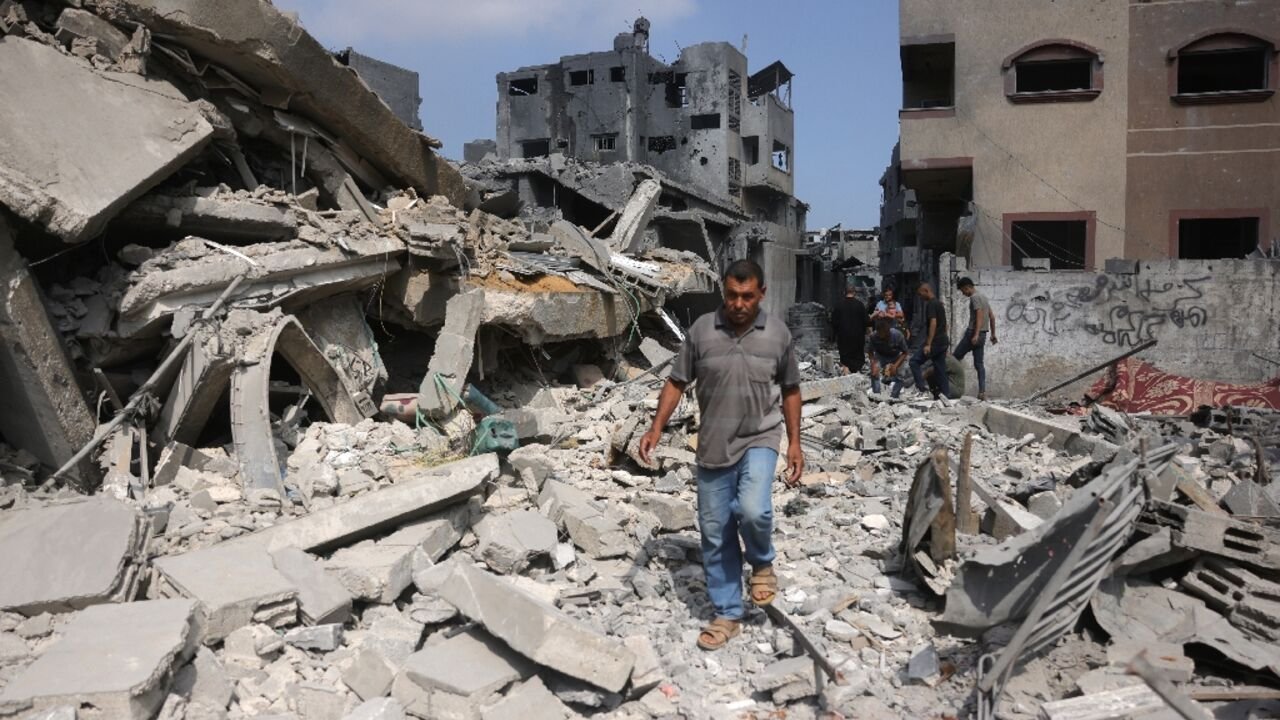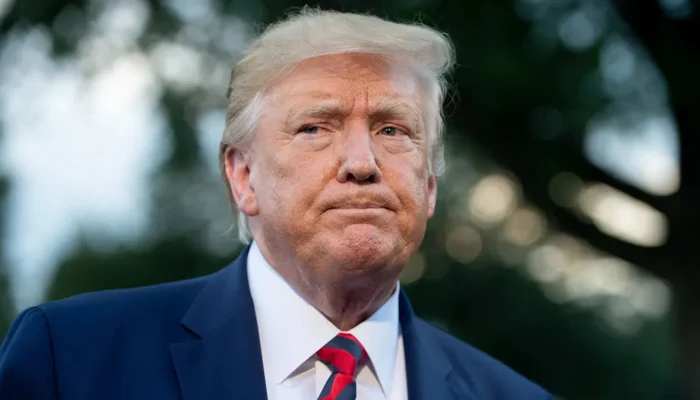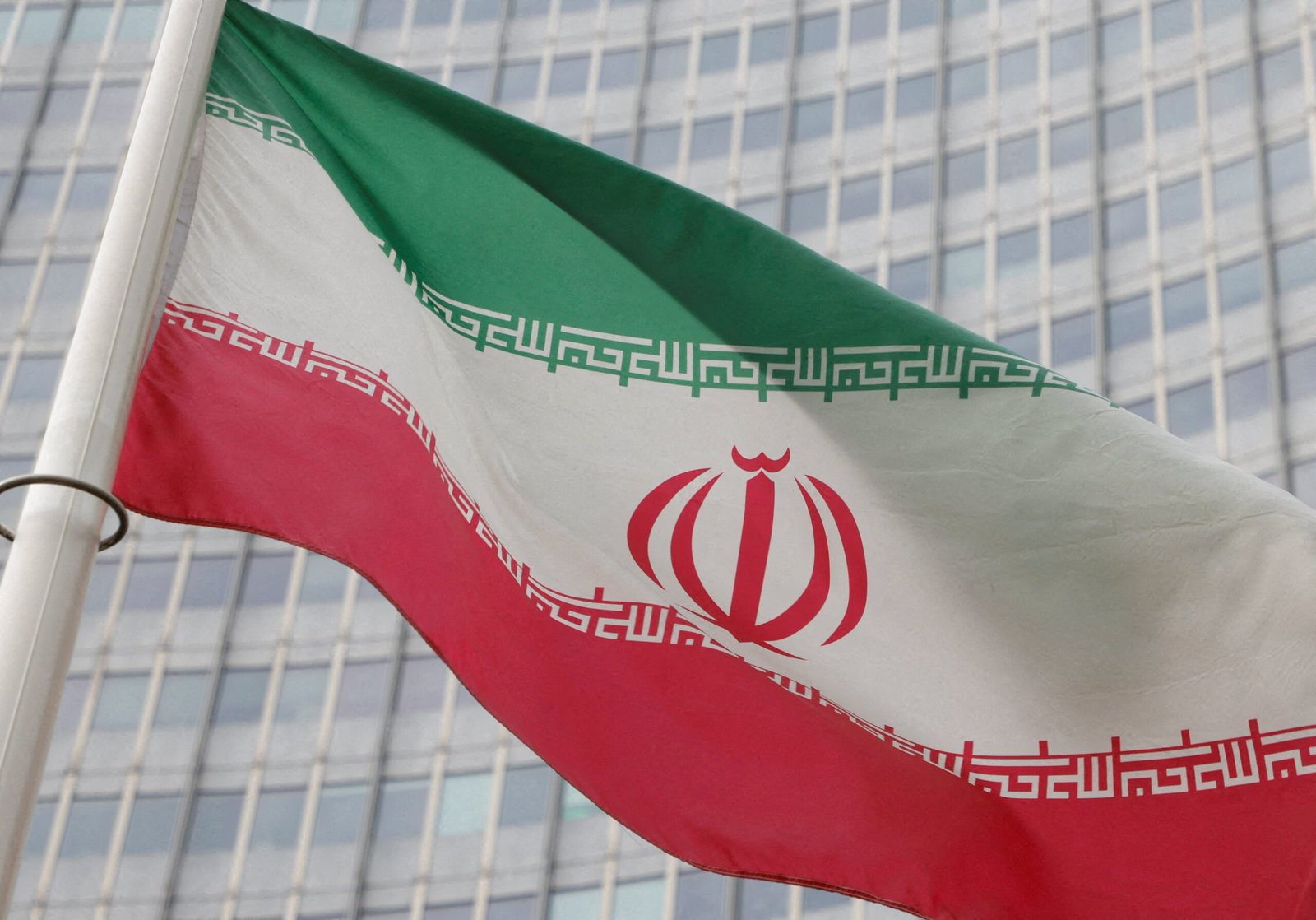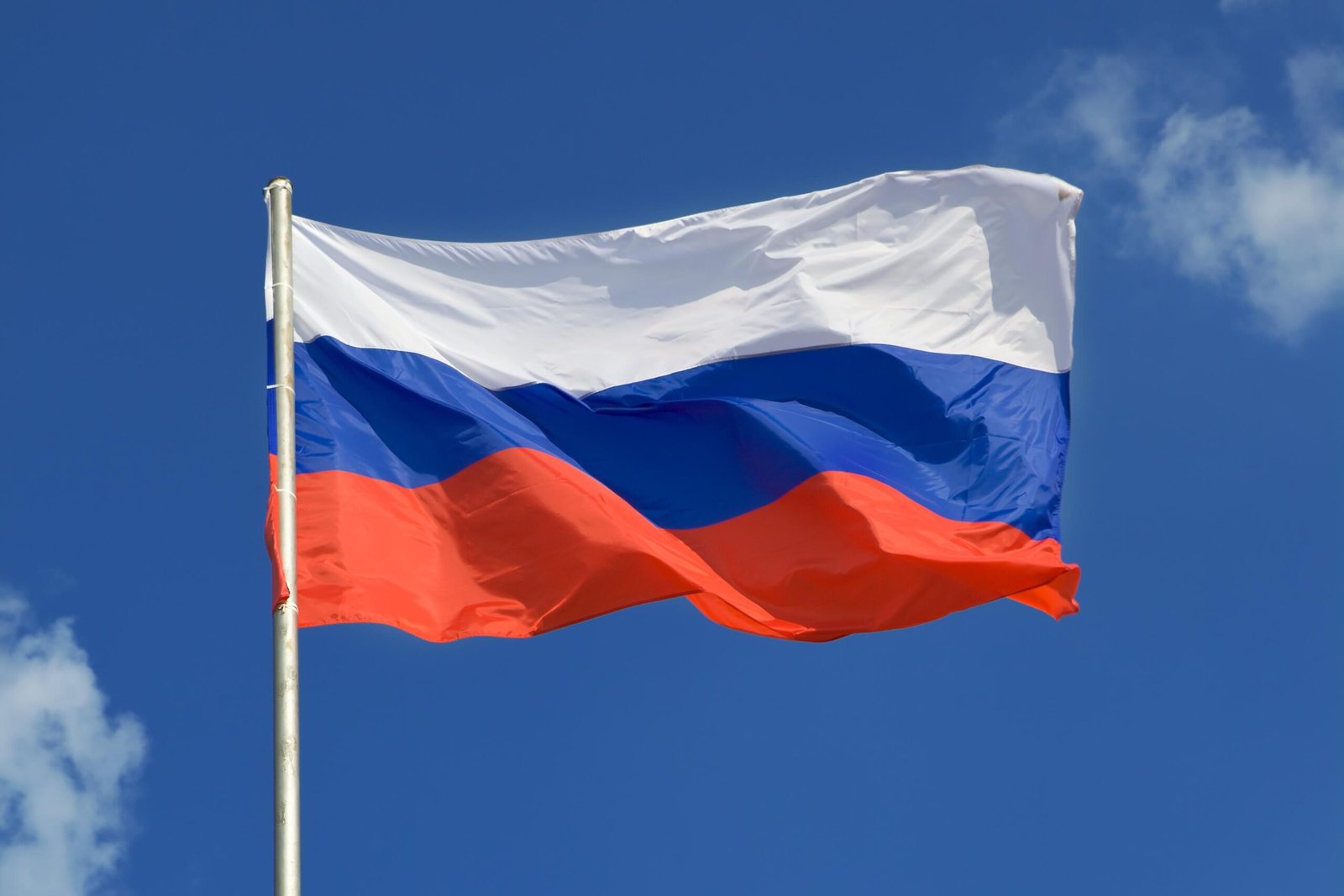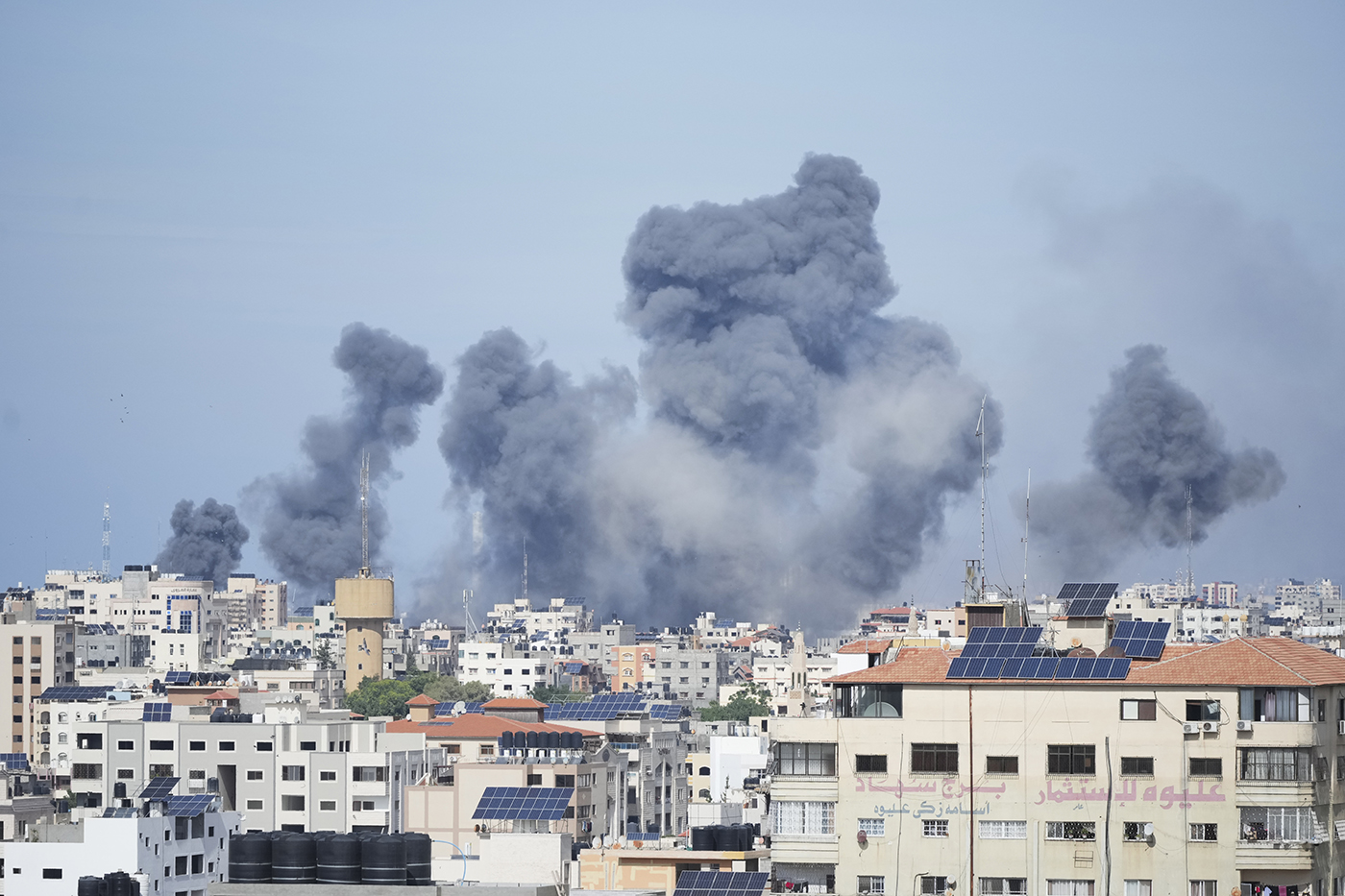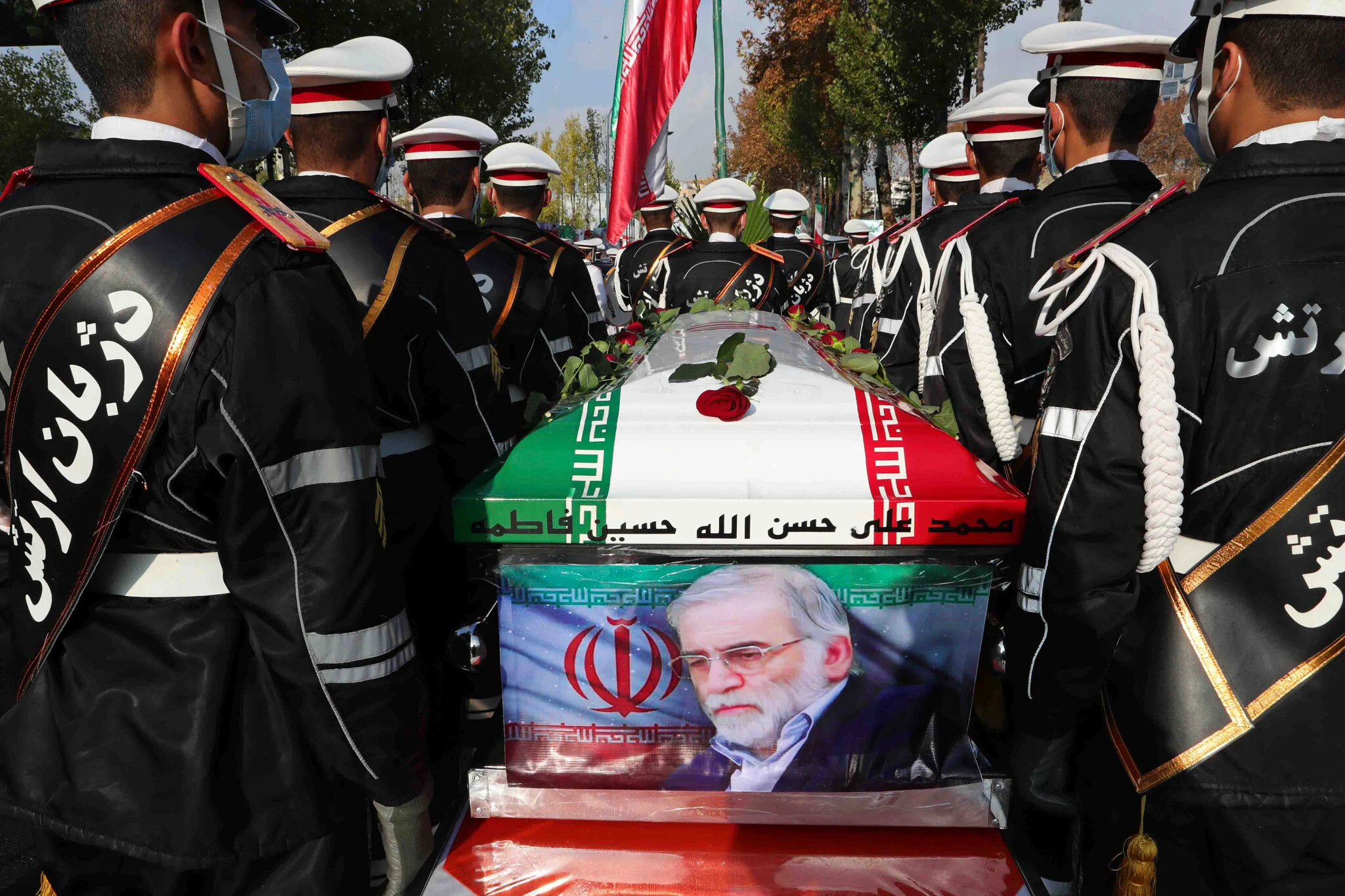Pakistan has firmly rejected any possibility of renegotiating the Indus Waters Treaty (IWT) with India, following New Delhi’s move to suspend the decades-old agreement. Information Minister Attaullah Tarar made the statement on Sunday, making it clear that Islamabad views the treaty—originally brokered by the World Bank in 1960—as non-negotiable, especially amid growing hostilities between the two nuclear-armed neighbors.
The treaty divides the waters of the Indus River and its tributaries between the two nations. Under its terms, Pakistan has rights to the western rivers—Indus, Jhelum, and Chenab—for irrigation, drinking water, and non-consumptive uses like hydropower. India controls the eastern rivers—Ravi, Beas, and Sutlej—but is required to ensure that their flow is not significantly altered. India also has limited rights to use western rivers for certain projects without storing or diverting water.
Tensions escalated dramatically after a deadly attack in Indian-administered Kashmir’s Pahalgam resort town on April 22, which killed 26 tourists. India has accused Pakistan of backing the attackers, a charge Islamabad has denied. Pakistan has instead called for a neutral, transparent international investigation, insisting it has “nothing to hide.”
India responded by suspending the Indus Waters Treaty, prompting a strong reaction from Pakistan. Islamabad labeled the move an “act of war” and vowed to protect its water rights through every diplomatic, legal, and—if necessary—military channel.
“If the water is stopped or diverted, Pakistan will respond with full force,” Minister Tarar said, emphasizing that as a lower riparian state, Pakistan has more at stake and thus greater entitlements under the treaty. He rejected India’s longstanding push for renegotiation, warning that any reconsideration of terms would favor Pakistan, not India.
“There is no back-channel communication right now,” Tarar confirmed, dismissing speculation about secret talks to ease rising tensions. He also hailed the international community’s silence on India’s allegations as a diplomatic win for Pakistan, suggesting that global leaders see through New Delhi’s “false narrative.”
Tarar accused India of using the Pahalgam attack to shift attention away from Pakistan’s successful counterterrorism operations along its border with Afghanistan. He also condemned recent attacks on Pakistani diplomatic missions, blaming them on what he called India’s “extremist ideology.”
Despite the heated rhetoric, Tarar reiterated Pakistan’s commitment to peace and its continued efforts to combat terrorism. “We will keep protecting our people and the wider world,” he said, signaling that while Pakistan is not looking for a fight, it is fully prepared to defend its interests.









